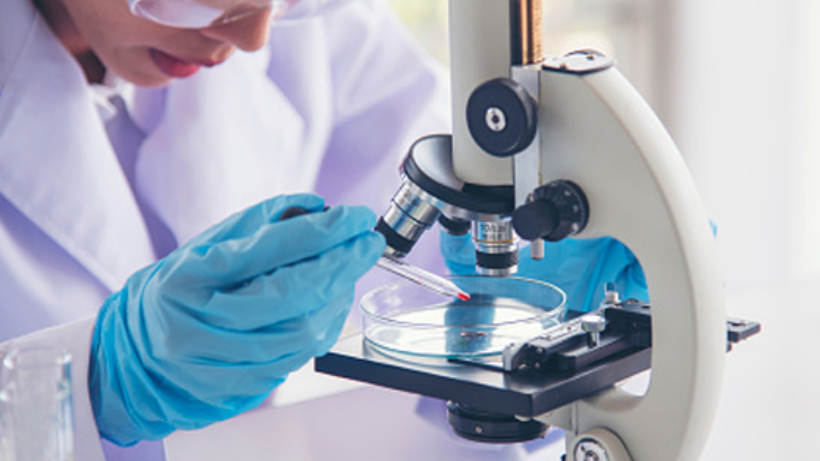How Close Are We To Curing Cancer?

Overview
Cancer is an umbrella term for a variety of diseases. However, we cannot take a broad approach - a cure for every form of cancer – but we may devise a broad strategy for curing cancer. Along with the modifiable lifestyle, the progress in technology has also provided a better approach to tackling cancer. In this blog, we have discussed how far we’ve come and how close are we to curing cancer? Keep reading to learn more.
Book free consulting session with HealthTrip expert
There is currently no real cure for cancer. Recent developments in medication and technology, on the other hand, have cleared the way for improved cancer therapies, bringing us closer to a cure.
We'll look at these new therapies and what they might signify for cancer therapy in the future in the sections below.
- Immunotherapy- The immune system is made up of many organs, cells, and tissues that assist the body in fighting against foreign intruders, such as viruses, bacteria, and parasites.
Cancer cells, on the other hand, are a part of us and are not seen as intruders by our bodies. As a result, the immune system may require assistance in detecting them. There are numerous options for helping our body to identify them.
-Vaccines- Researchers have also been working on developing a vaccination that would assist the immune system in combating cancer. Cancer cells typically contain specific chemicals or molecules on their surfaces that healthy ones do not. A vaccination containing these compounds may aid the immune system in recognizing and eliminating cancer cells.
-MAB(monoclonal antibody)- These antibodies are proteins that are generated by B cells, which are another kind of immune cell. They may identify and attach to specific targets known as antigens. T-cells may locate and eliminate antigens when an antibody attaches to them.
Monoclonal antibody (mAb) treatment is the mass production of antibodies that detect antigens located on the surface of cancer cells. Thus target those cancer cells and destroys them.
- T-cell therapy- T-cell treatment entails extracting these cells from the body and transporting them to a laboratory. The cells that appear to be the most effective against cancer cells are isolated and cultivated in great numbers. These T-cells are then reintroduced into your body.
In the lab, these T-calls are modified by adding a receptor on their surface. And becomes more effective in recognizing and destroying those cancer cells.
This therapy is mostly known as CAR T-call therapy.
-Immune checkpoint inhibitors- T-cells are prevented from attacking cells by checkpoint molecules on their surfaces. Checkpoint inhibitors assist T-cells in avoiding these checkpoints, allowing them to more effectively assault and attack cancer cells.
- Hormone therapy- Hormones are naturally produced by the body and function as messengers to the various tissues and cells. They aid in the regulation of various bodily activities.
Some malignancies are sensitive to specific hormone levels. This is why hormone treatment requires drugs to inhibit hormone production.
Hormone levels can influence the development and survival of certain cancer cells.
In most cases, hormone therapy is used to treat breast cancer, prostate cancer, and uterine cancer.
- Virotherapy- viruses can kill host cells as a part of their life cycle. This property of viruses is used to selectively destroy cancer cells i.e known as virotherapy.
Oncolytic viruses are the viruses utilized in virotherapy. They've been genetically engineered such that they can only target and proliferate within cancer cells.
When an oncolytic virus destroys a cancer cell, cancer-related antigens are produced, according to the NCI. Antibodies can then attach to these antigens, resulting in an immunological response.
By enabling supportive cancer research studies and with the help of advanced technologies we have come a long way in fighting cancer. This way the findings will reveal a new treatment strategy and hopefully, we can get a cure for cancer.


